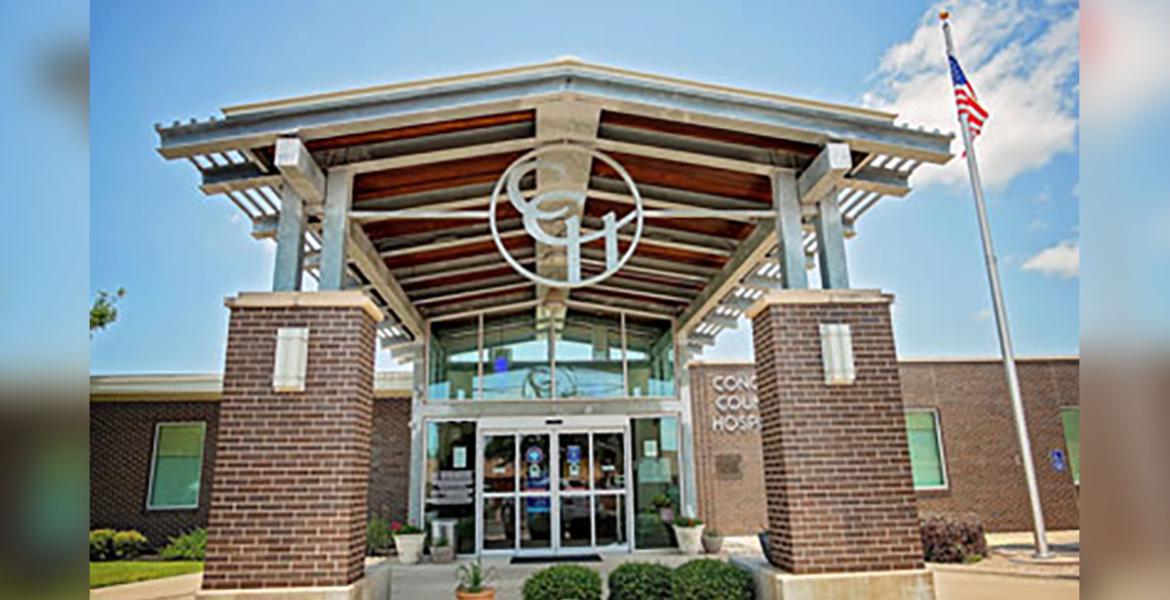The old wireline Verizon business in San Angelo has been sold to Stamford, Conn.-based Frontier Communications according to Frontier’s Vice President of Corporate Communications Steve Crosby. The sale includes all infrastructure and real estate properties in three states: Texas, California, and Florida in a deal reported by Frontier and Verizon to be valued at $8.6 billion.
It does not include Verizon Wireless. It is a separate corporate entity, which is somewhat removed from what insiders call “core” Verizon, the corporate entity that includes the old General Telephone, or GTE Southwest.
Founded in 1926, the former GTE Southwest was then called The State Telephone Company of Texas. According to the FCC, GTE Southwest, Inc. was an operating company consisting of four study area jurisdictions: Arkansas, New Mexico, Oklahoma, and Texas. It operated under that name from 1990 until the end of 1995 when the areas of jurisdiction were separated by state, and the San Angelo operations came under the ownership of GTE Texas. In 2000, Bell Atlantic and the GTE Corporation merged into one company, Verizon Communications. The merged entity in San Angelo and the rest of Texas was renamed GTE Southwest, Incorporated dba Verizon Southwest.
As the telecommunications industry transformed from the old Time-Division Multiplexing, or TDM voice services, to pushing broadband Internet Protocol (IP) services, the local Verizon operations provisioned private lines and wireline telephone services for other resellers of broadband services, like UUNet, Worldcom, and MCI (later MCI Worldcom), and then MCI. By the mid-2000s, with Verizon’s acquisition of MCI to form its Verizon Business unit, Verizon was one of three institutional carriers competing with AT&T (formerly SBC) and Bellsouth nationwide. AT&T eventually gobbled up Bellsouth.
Verizon’s corporate headquarters are in New York City and the old days of San Angelo being a hub for the telephony industry statewide has waned. The old GTE regional headquarters building on Johnson Street employed 2,400 people by the end of 1989 according to the Texas State Historical Association. Since the Verizon takeover until today, the six-story office building has become not much more than an outsourced call center.
Crosby said that the buyout requires regulatory approval, and is expected to close during the first half of 2016. “Nothing has been decided yet,” he said about Frontier’s business plans for the old GTE territories it will soon own in Texas. “Our engineering team will be evaluating the properties.”
Frontier’s specialty is broadband access and voice services for residential, small business and the enterprise. “We don’t sit back on our laurels; we don’t like to lose,” Crosby said. Pointing at Frontier’s similar buyout of Verizon’s wireline businesses in 14 states back in 2009-2010, Crosby said, “In those states, broadband availability was about 65 percent when we purchased the properties. Today we’re approaching 90 percent.”
Although Verizon does offer Digital Subscriber Lines, or DSL broadband service in San Angelo, other territories that Verizon operates in the former GTE territories in Texas still do not have DSL, such as the city of Del Rio. In contrast, Ciudad Acuna across the Texas-Mexico border from Del Rio has had DSL for at least the past seven years.
"This transaction marks a natural evolution for our company and leverages our proven skills and established track record from previous integrations," said Maggie Wilderotter, Frontier Communications Chairman and Chief Executive Officer. "These properties are a great fit for Frontier and will strengthen our presence in competitive suburban markets and accelerate our recent market share gains. We look forward to realizing the benefits this transaction will bring to our shareholders, customers and employees."
Frontier expects a smooth transition for customers in its new markets, Crosby said in a press release. “Frontier will extend its local engagement model of being active in the communities it serves and provide superior levels of customer service and differentiated offerings,” he said.
Subscribe to the LIVE! Daily
Required






Post a comment to this article here: